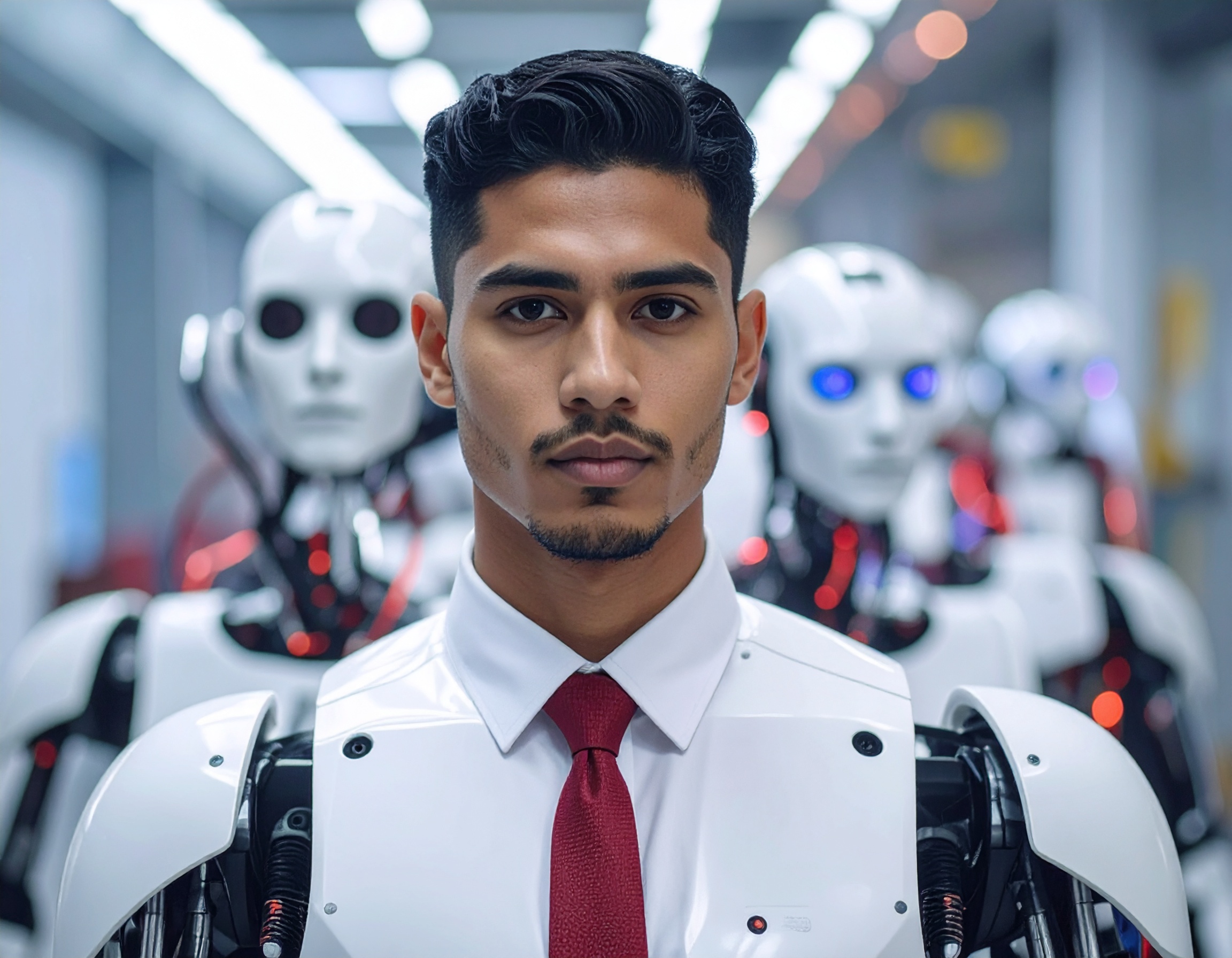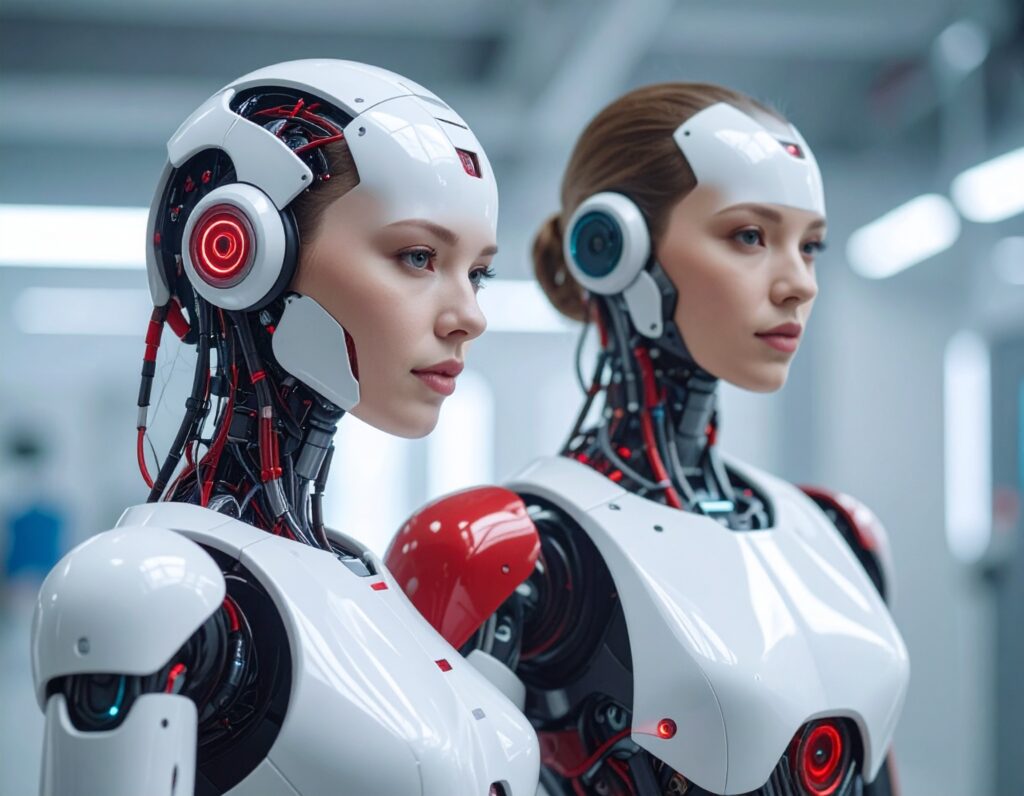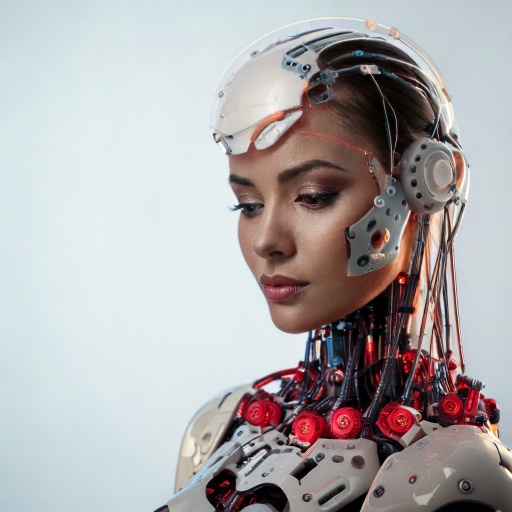AI Employee Boom: How Hangzhou Became a Hotspot for Non-Human Workers and Voice AI Agents

The Rise of Hangzhou’s AI Workforce Revolution
On August 28, 2025, Bloomberg spotlighted Hangzhou as a city that’s “punching above its weight in AI and robots”. This ancient city, often overshadowed by Beijing or Shenzhen, is rapidly transforming into a dynamic center for AI Employee innovation. Several young startups—nicknamed the “Six Little Dragons”—including DeepSeek, Unitree Robotics, BrainCo, Game Science, DEEP Robotics, and Manycore Tech, are leading a surge of activity in embodied intelligence, robotics, AI models, and entertainment tech.
These Non-Human Workers, ranging from humanoid robots to advanced AI systems, are not just lab curiosities anymore. They’re being deployed in real-world environments, helping Hangzhou define a new future where automation complements traditional labor.
Examples of Hangzhou’s Tech Pioneers in Action
Hangzhou’s tech ecosystem is filled with vibrant examples of Voice AI Agents and robotic innovation:
- Unitree Robotics, one of the “Six Little Dragons”, gained national attention when its dancing robots—equipped with choreography and AI—appeared on China’s 2025 Spring Festival Gala broadcast to billions.
- DeepSeek, another of the six, launched cost-effective AI systems that challenged dominance from Silicon Valley firms, showcasing Hangzhou’s strength in generative AI and affordable innovation.
Together, these examples reflect China’s broader emphasis on “embodied AI”—where AI systems like humanoid robots transition from pure software to physical, real-world actors.

Why It Matters: The Strategic Edge of Non-Human Workers
Hangzhou’s rise is more than local pride—it signals a strategic shift in the global AI and robotics race. By fostering AI Employee innovation, the city leverages vast government support, abundant manufacturing networks, and talent pipelines to accelerate deployment across industries—from entertainment and retail to logistics and health.
These Non-Human Workers are becoming cost-effective and pervasive. Hangzhou illustrates how combining state-backed funding, startup energy, and industrial resources can reshape urban economies and influence global technology competition.
Linking Hangzhou to Global Trends
Hangzhou’s efforts reflect a broader Chinese push to lead in embodied AI, with parallel developments visible nationwide:
- At the World Humanoid Robot Games, held in Beijing in mid-August 2025, robots competed in kickboxing, athletics, and dance—demonstrating both innovation and limitations as they struggled with balance and endurance.
- This pattern echoes around the globe: China’s significant investment (with proposals exceeding 1 trillion yuan) across AI and robotics shows its intent to shape a future dominated by Voice AI Agents and humanoid assistive technology.
Hangzhou, though not the capital, encapsulates the competitive advantage gained when intelligent startups, infrastructure, and policy converge.
Key Highlights:
- When & Where: On August 28, 2025, Bloomberg noted Hangzhou’s emerging status as a prominent hub for AI and robotics.
- Who’s Leading: Hangzhou’s “Six Little Dragons” (Unitree, DeepSeek, Game Science, BrainCo, DEEP Robotics, Manycore Tech) are driving the innovation.
- What’s Happening: Deployment of tangible AI in the form of dancing humanoids and low-cost AI models.
- Why It Matters: Hangzhou’s ecosystem offers a blueprint for how cities can rapidly scale AI Employee and Non-Human Workers for economic and global tech advantage.
- Broader Context: The developments tie into China’s nationwide push in embodied AI, public competition like the World Humanoid Robot Games, and overarching policy backing to challenge global leaders.
Reference:


